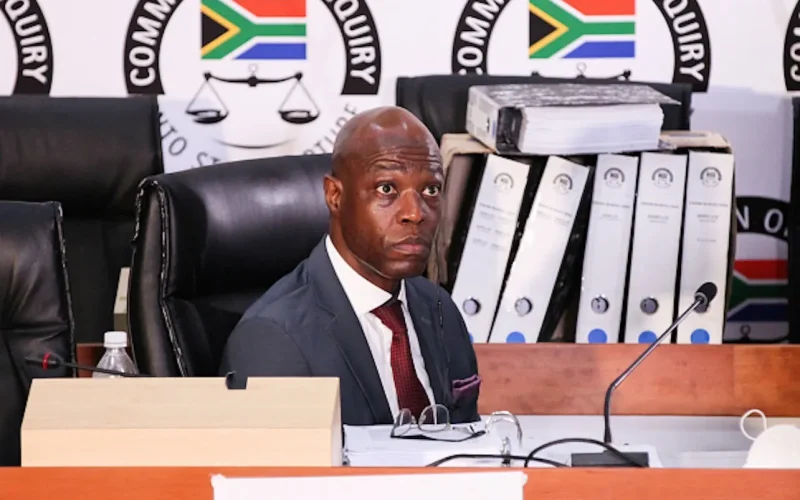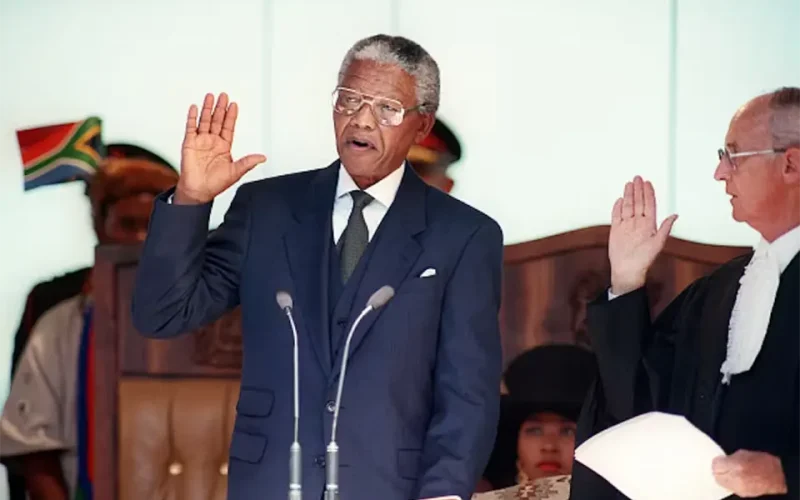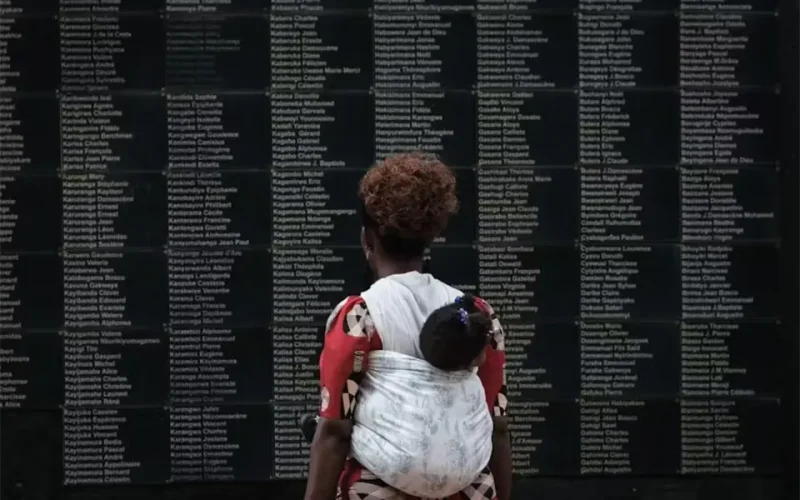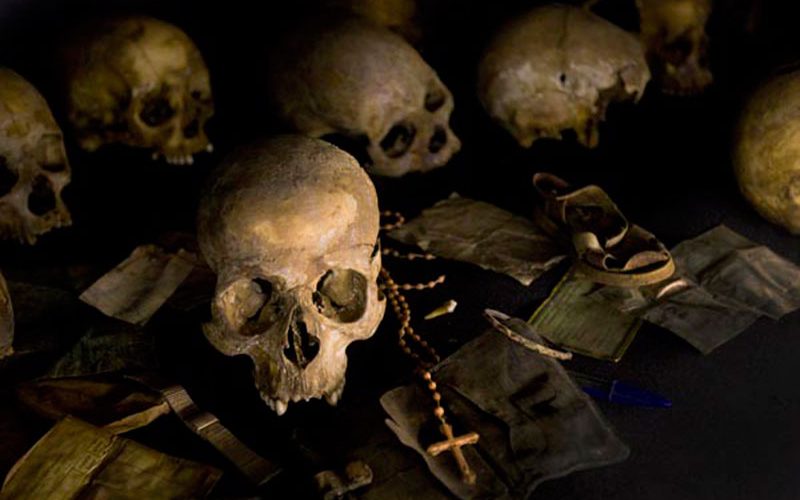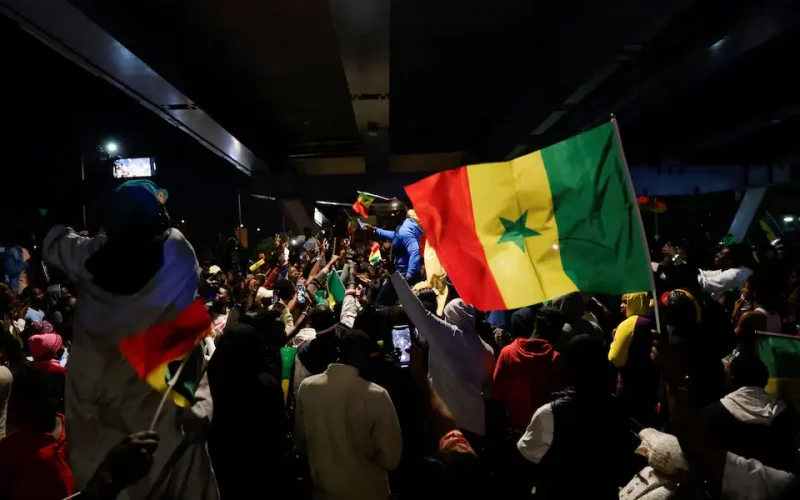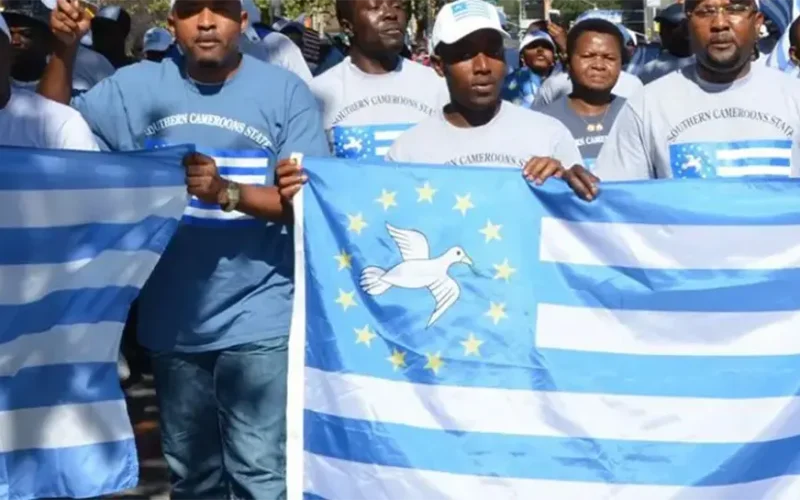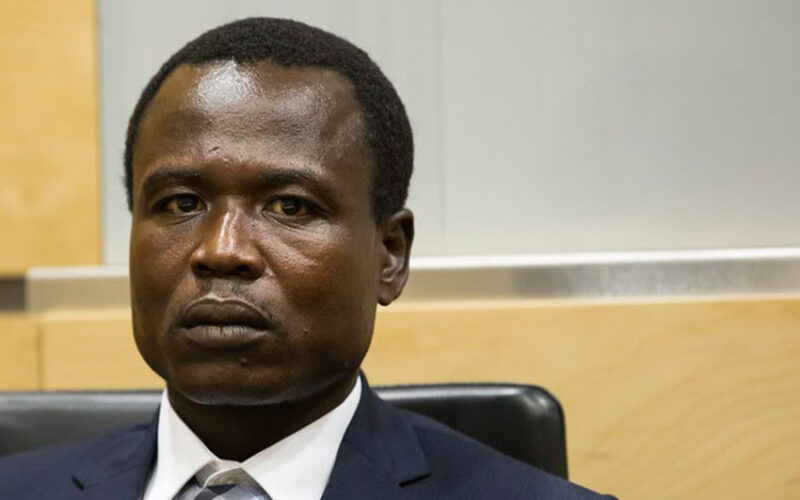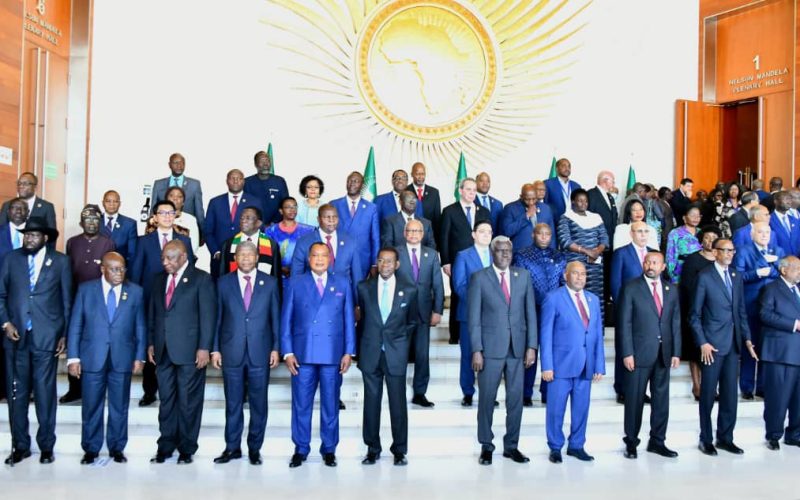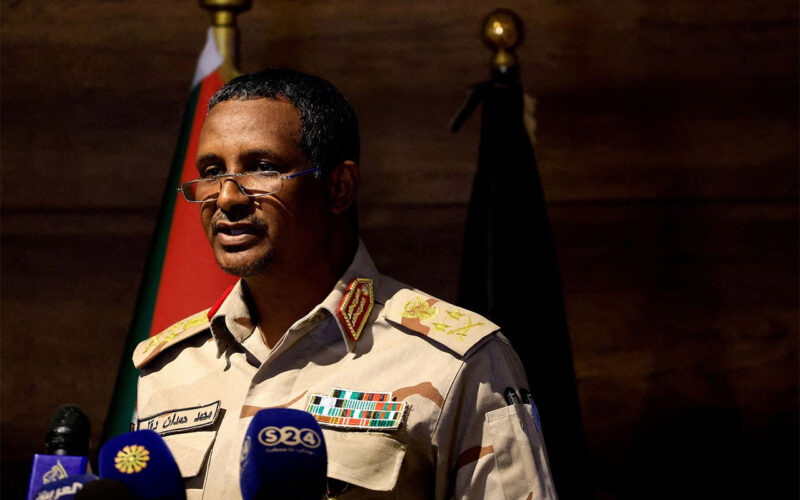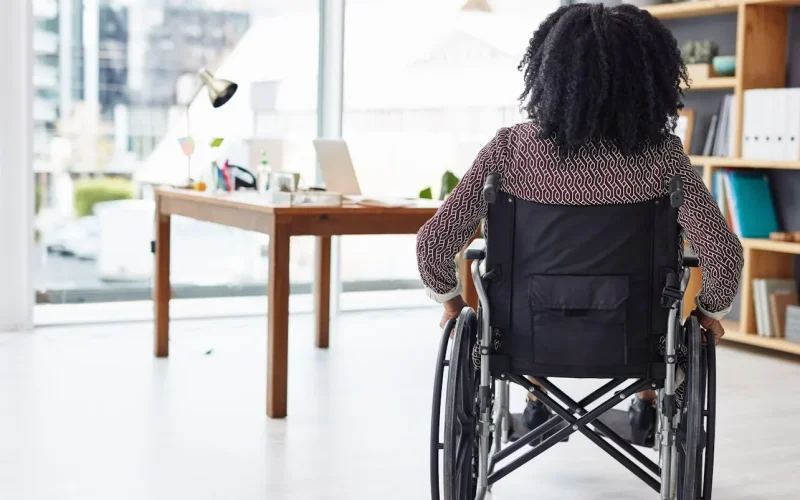
Academics with disabilities: South African universities need an overhaul to make them genuinely inclusive
VERY little research has been conducted about academics with disabilities working in South African universities. This means their stories, and the challenges they face in the daily demands of their jobs, are not often told. Sibonokuhle Ndlovu, who holds a PhD in education and lectures on the subject, explains what her study of academics with disabilities revealed. How many academics with disabilities are working in South Africa’s universities? We’re not sure. Statistics are hard to find, whether from individual institutions or the country’s education authorities. There’s also not been much research about academics with disabilities in the country. Government data…

